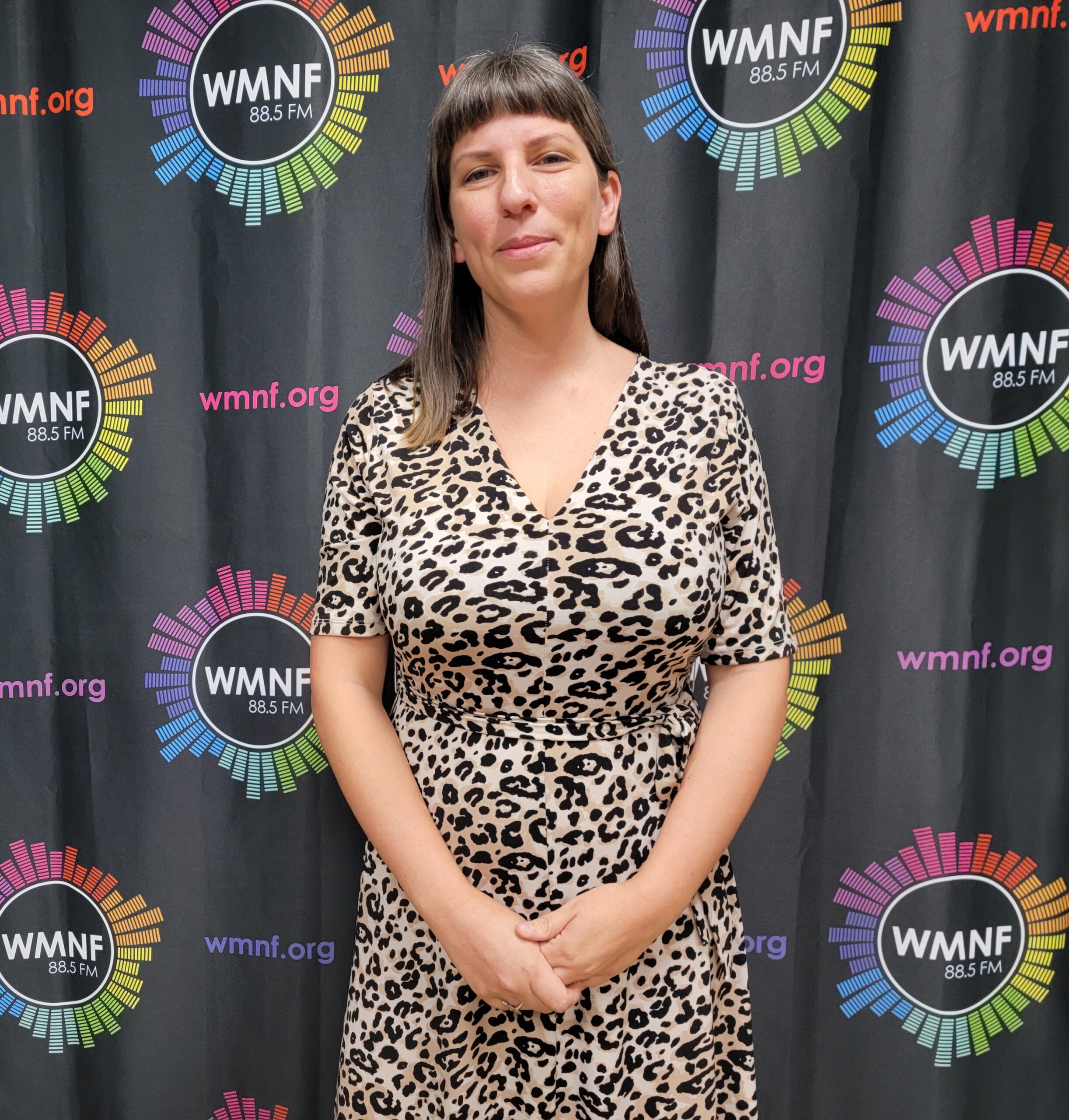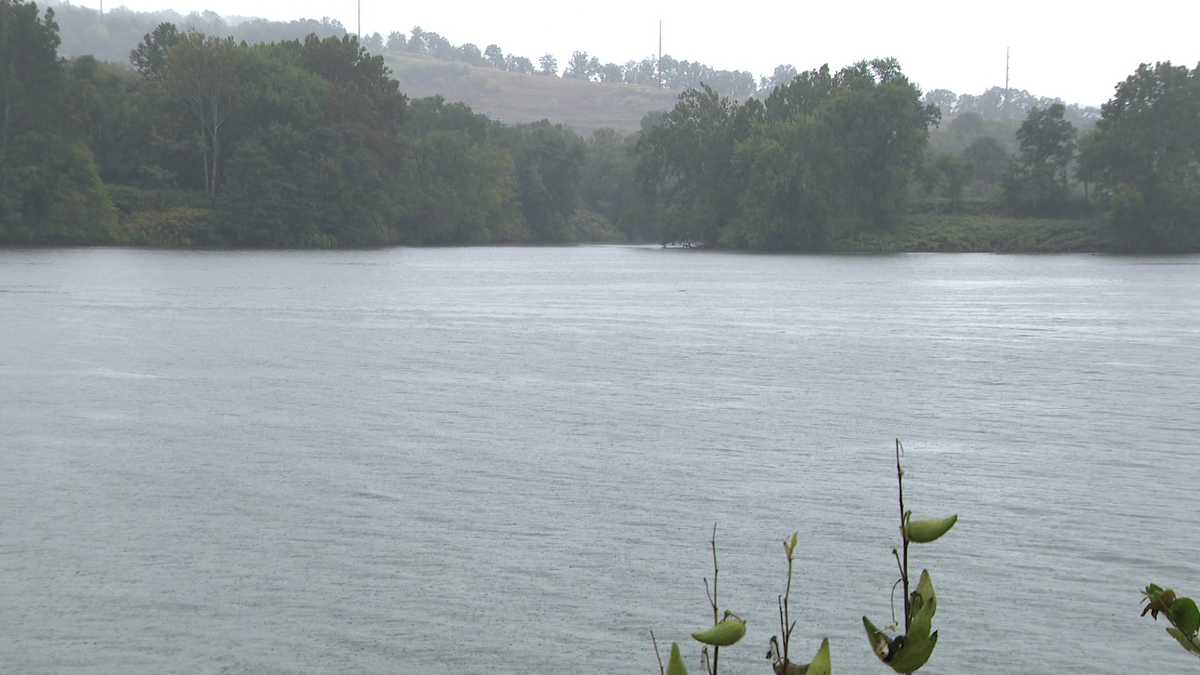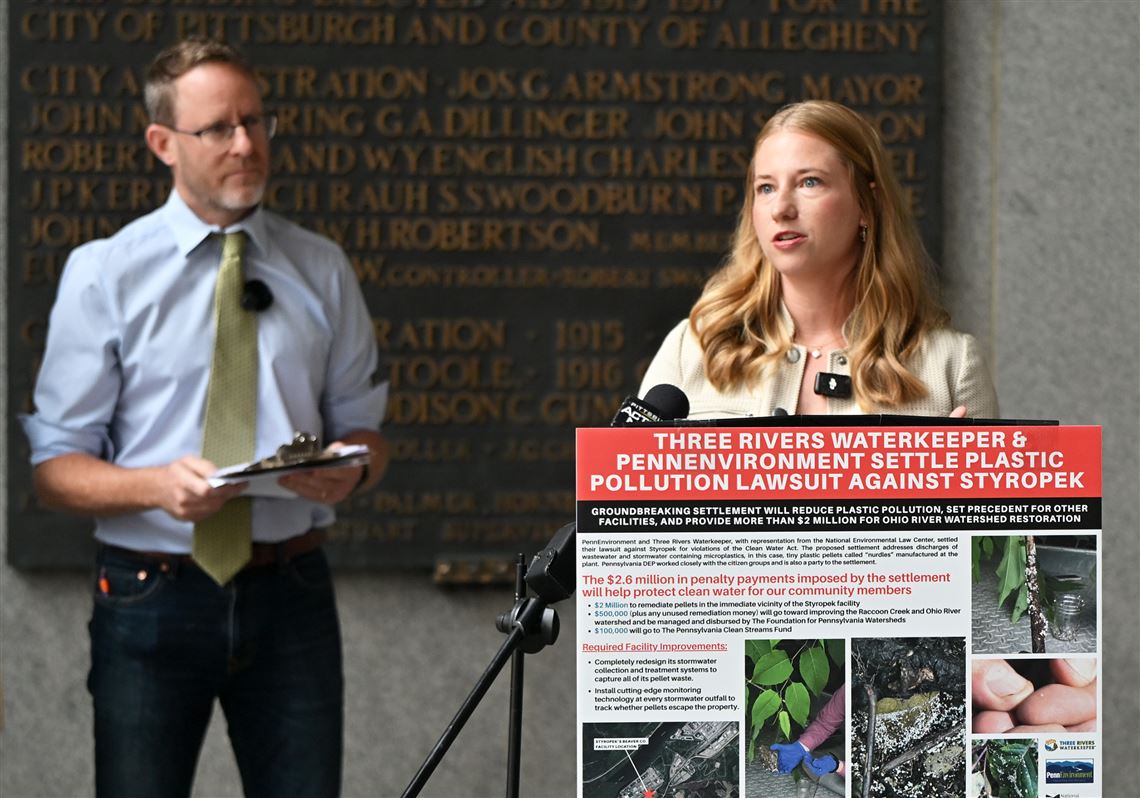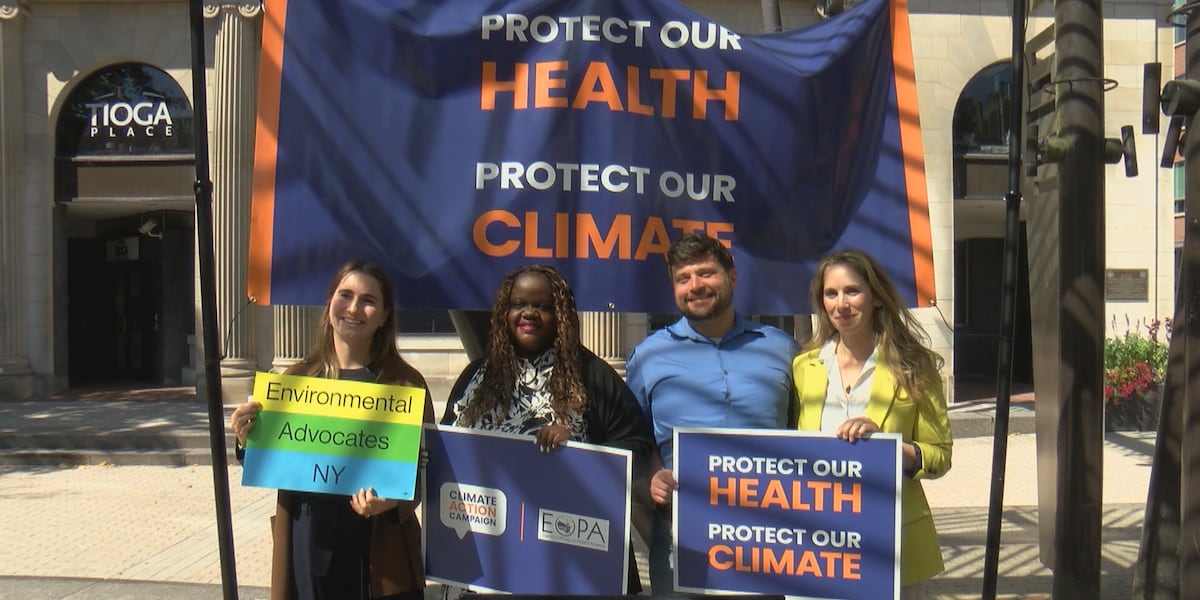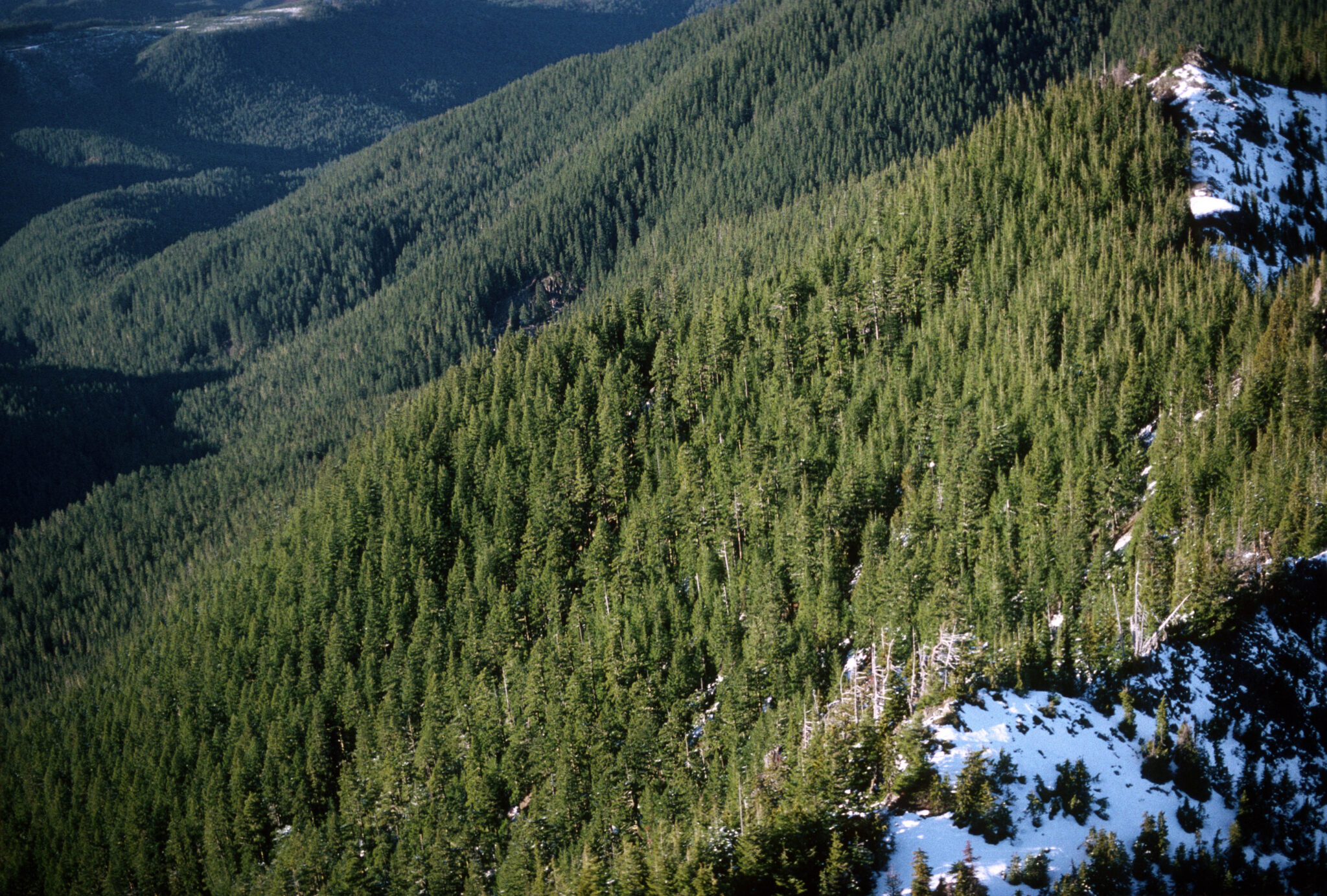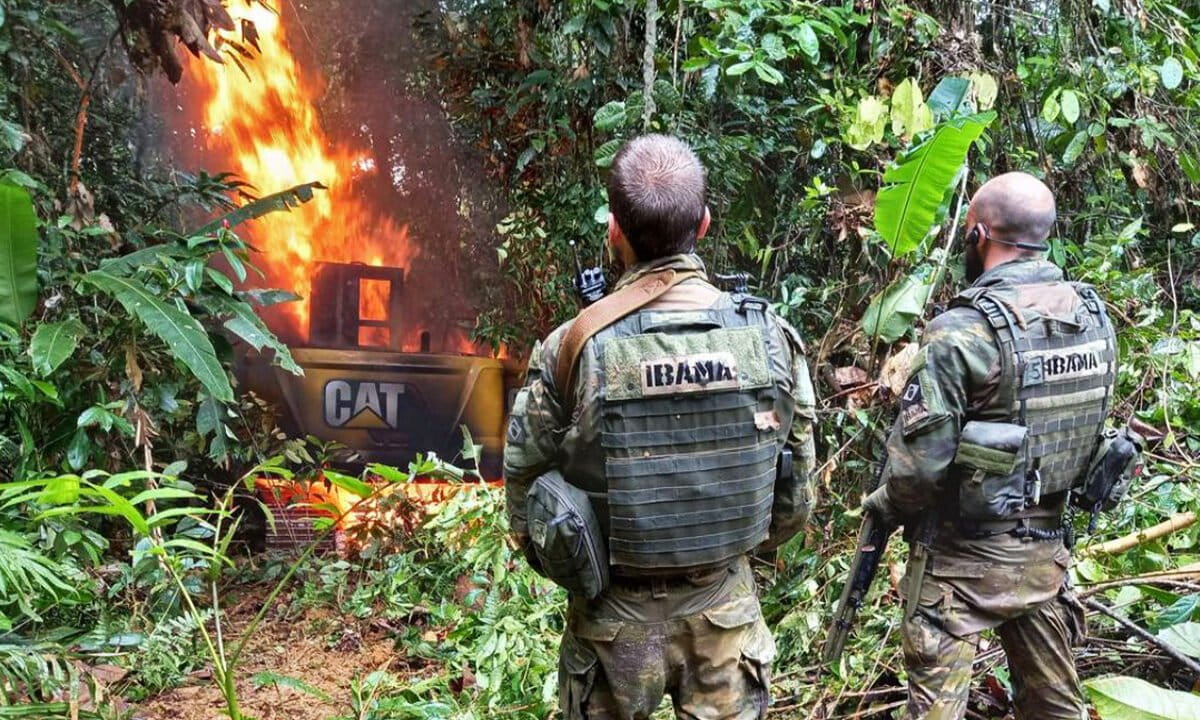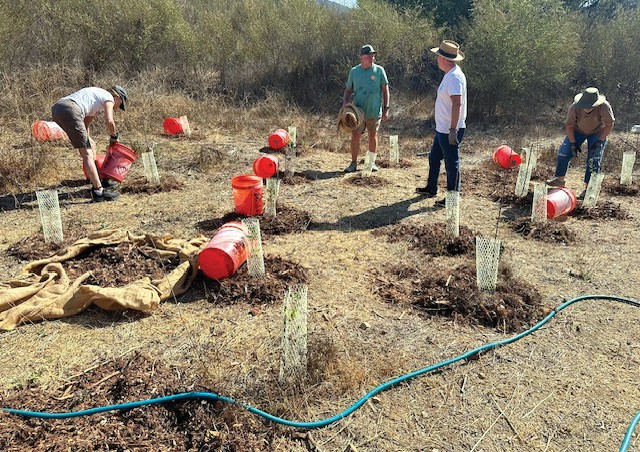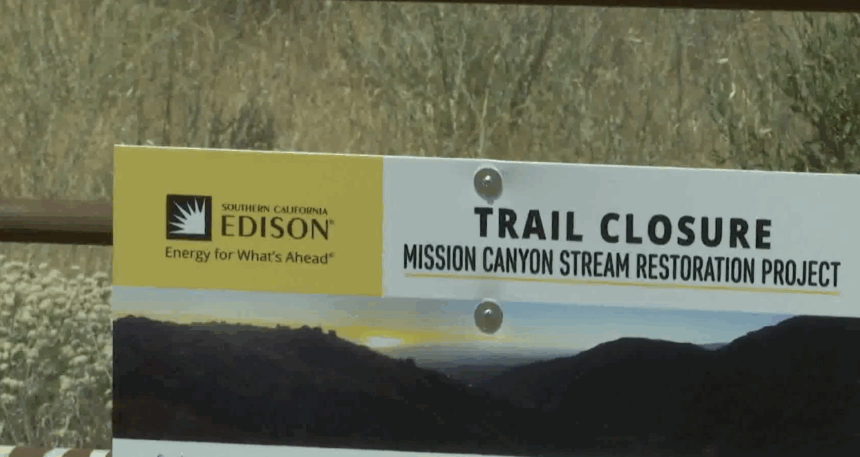
Hiring Slowdown Signals Caution: First Advantage Navigates Uncertain Job Market
First Advantage (FA) is navigating a challenging hiring landscape that's casting shadows on its near-term prospects. The employment screening and background check provider is experiencing a notable shift in market dynamics, with a softer hiring environment and increasingly cautious client sentiment tempering growth expectations. Investors and analysts are taking a measured approach to the stock, currently positioning First Advantage as a "Hold" recommendation. The company's performance is being impacted by a more conservative corporate spending climate, where businesses are pulling back on aggressive recruitment and screening activities. While the current market conditions present headwinds, First Advantage remains strategically positioned in the critical talent acquisition and risk management space. The company's ability to adapt to changing market conditions and maintain its core service offerings will be crucial in weathering this period of uncertainty. Potential investors should closely monitor the company's strategic responses to the current hiring slowdown and its efforts to maintain revenue stability. The stock's valuation reflects the current market challenges, suggesting a balanced outlook that neither signals imminent danger nor promises immediate growth.

